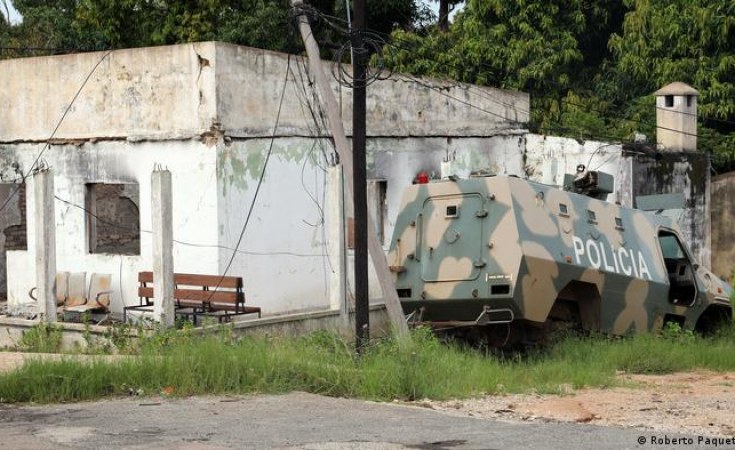The good news is that during 2022 and 2023, attacks on schools in Mozambique significantly decreased, according to a report released last week. The bad news is that Mozambique has seen a jump in the use of schools for military purposes during that period.
The Global Coalition to Protect Education from Attack (GCPEA), a partner organization of Human Rights Watch, identified at least six incidents in which Mozambique's schools were damaged or destroyed in armed violence. In 2021, the United Nations said that more than 220 schools in Mozambique had been attacked since 2017. Non-state armed groups were responsible for most of the attacks, which, according to GCPEA, included arson, gunfire, and the use of explosive weapons.
GCPEA recorded at least 12 cases of schools being used for military purposes during 2022 and 2023, compared to none in the previous reporting period. The military use of schools was primarily by the Mozambican armed forces, although in one case forces of the Southern African Development Community Mission in Mozambique (SAMIM) were responsible. The military use of schools, such as for bases or to store ammunition, denies students access and puts them at risk of attack.
GCPEA's report includes research findings from Human Rights Watch, which has extensively documented attacks by Islamist armed groups in northern Mozambique since 2017. Our findings include the abduction of women and girls and the use of boys as child soldiers. Government security forces have also been implicated in serious human rights abuses.
In 2015, Mozambique endorsed the Safe Schools Declaration, a political agreement committing countries to prevent and respond to attacks on students, teachers, and schools. But the violence in northern Mozambique has shown that schools are far from being a safe place for many communities.
All parties to the armed conflict in Mozambique should immediately cease attacks on education and protect schools from military use. Mozambican authorities should lead by example. The military should refrain from deploying on school premises and ensure that schools are a place to learn and teach, not a military camp.
Zenaida Machado, Senior Researcher, Africa Division


